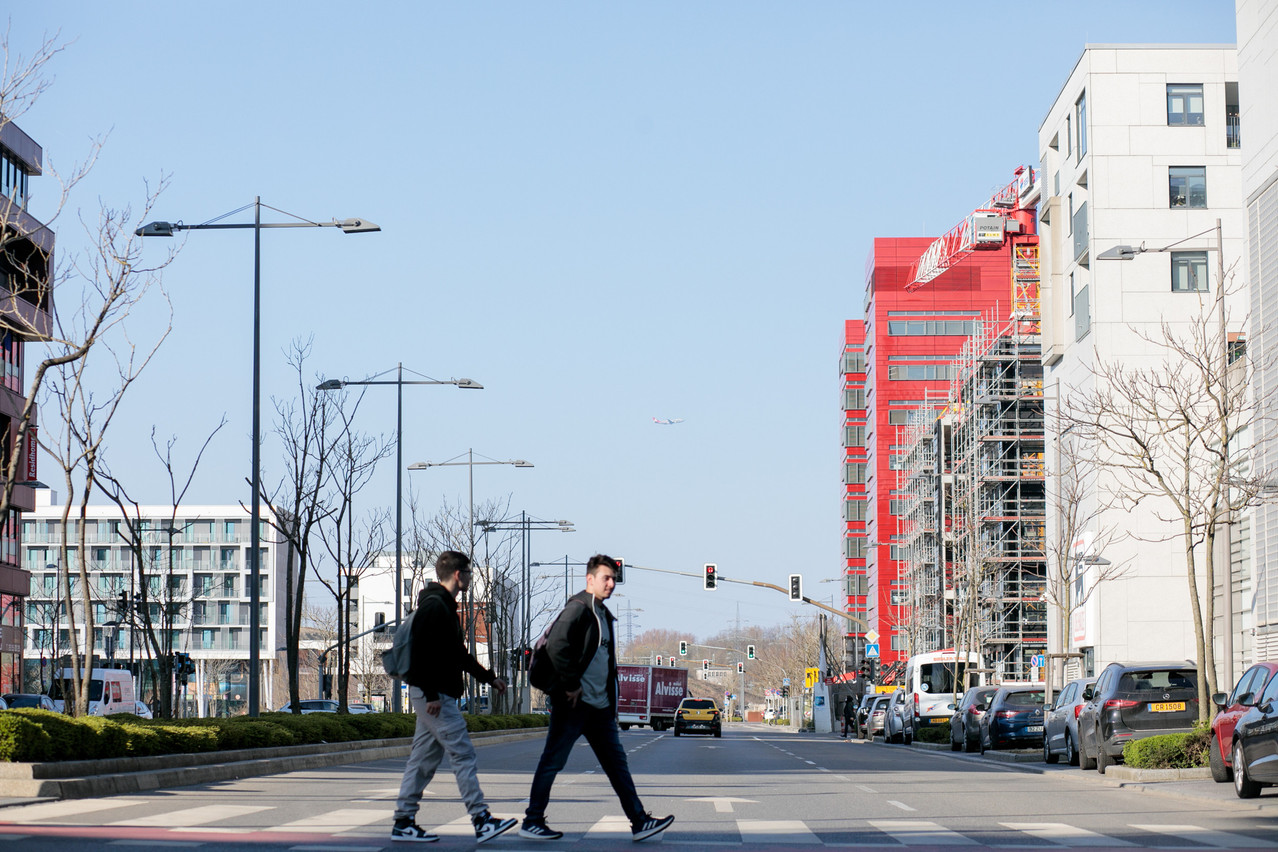According to the results of a European Parliament published on Monday 17 February, a third of respondents believe that the EU should focus its attention on the environment and climate change over the next five years, whilst 31% believe that the economic situation and job creation should be a priority.
In Luxembourg, young people’s priorities vary somewhat, with the environment and climate change their top concern, followed by social protection and access to healthcare, and then rising prices and the cost of living. They seem much less concerned about education and training.
When it comes to politics, young people in Luxembourg are more involved than other Europeans their age. Just under half of them (46%) vote in elections (versus 39% in the EU); 35% have already taken the initiative to launch or sign a petition (26% in the EU) and 22% are involved in voluntary work (20% in the EU). Furthermore, 81% of young Luxembourgers say they are in favour of the EU, but in different proportions: for 37%, the current functioning of the EU is not appropriate. One-fifth (20%) said they were sceptical about the EU.
“Listening to young Europeans and their concerns is vital for politicians, policy-makers and European democracy. Young people today are worried about rising prices, climate change, security and their chances of finding a good job. These are concerns that we must address in every decision we take and every law that we pass. Otherwise, we risk losing a generation to disillusionment,” said the president of the European Parliament, Roberta Metsola.
Young people in Luxembourg prefer Instagram to Tiktok
The rest of the Eurobarometer survey focused on information for young people. For everyone in Europe, social networking platforms are their primary source of information (43% of young people in Luxembourg and 42% in the EU). Luxembourgers aged 16 to 30 say that they obtain most of their information from Instagram (40%), Youtube (34%), Facebook (32%), Tiktok (26%) and X (formerly Twitter) (14%).
“The information landscape is rapidly changing. With most young people predominantly getting their news from social media, politicians and social media platforms have a particular responsibility to fight increasing disinformation,” added Metsola.
Their other sources of information are online news platforms (37% in Luxembourg vs. 26% in the EU) and television (23% vs. 29% in the EU). More than half (55%) say they are often or very often exposed to fake news.
This article was originally published in .
